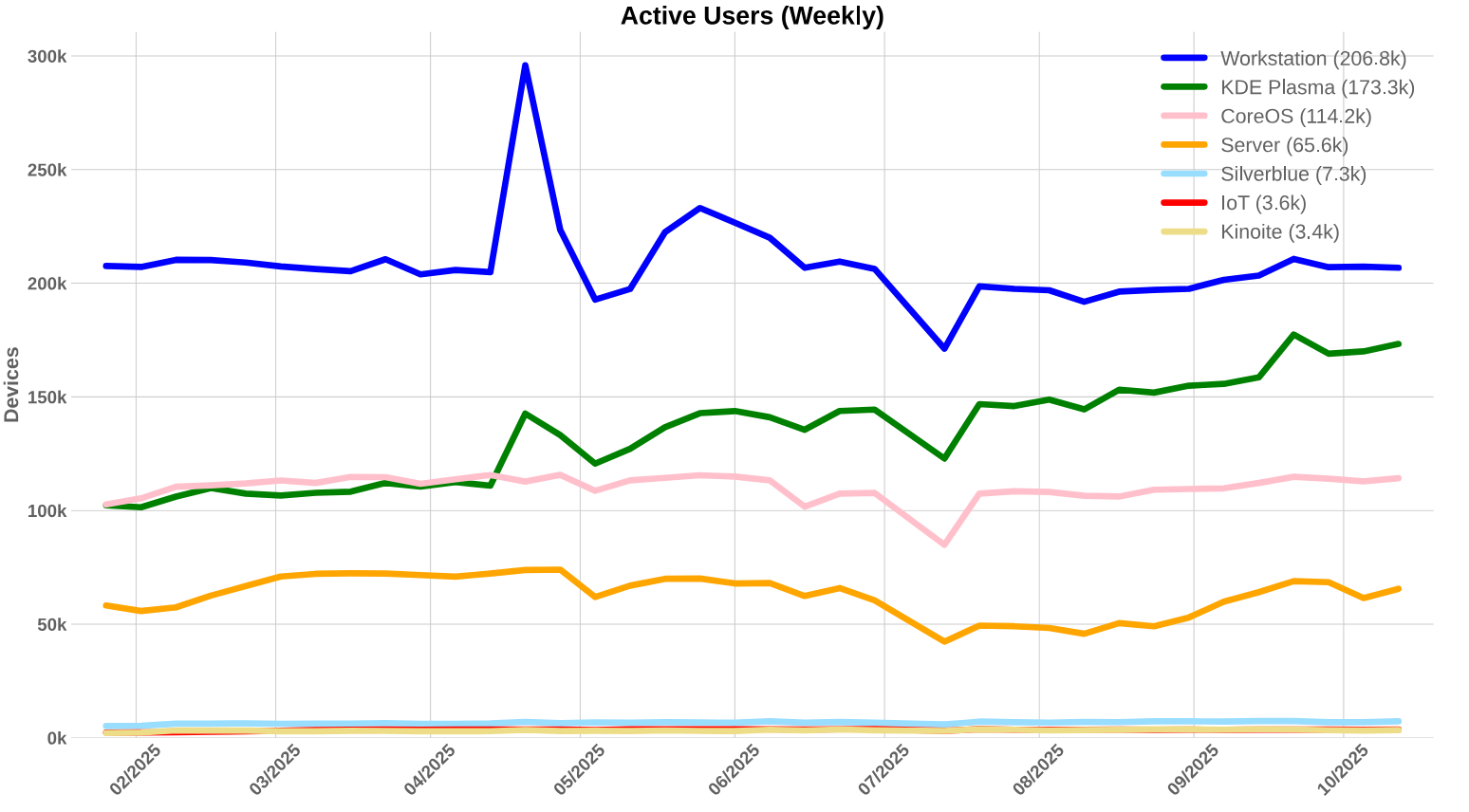this post was submitted on 19 Oct 2025
558 points (98.8% liked)
Linux
59134 readers
742 users here now
From Wikipedia, the free encyclopedia
Linux is a family of open source Unix-like operating systems based on the Linux kernel, an operating system kernel first released on September 17, 1991 by Linus Torvalds. Linux is typically packaged in a Linux distribution (or distro for short).
Distributions include the Linux kernel and supporting system software and libraries, many of which are provided by the GNU Project. Many Linux distributions use the word "Linux" in their name, but the Free Software Foundation uses the name GNU/Linux to emphasize the importance of GNU software, causing some controversy.
Rules
- Posts must be relevant to operating systems running the Linux kernel. GNU/Linux or otherwise.
- No misinformation
- No NSFW content
- No hate speech, bigotry, etc
Related Communities
Community icon by Alpár-Etele Méder, licensed under CC BY 3.0
founded 6 years ago
MODERATORS
you are viewing a single comment's thread
view the rest of the comments
view the rest of the comments

so it maintains several editions at once? that sounds like a space hog even though it's useful.
Two editions, the current one and previous one, I believe
And the space hog is like a few gigabytes. I think that's well worth it for a beginner when it means that in the worst case you can always roll back when we have like terabytes of space
fuck i gotta put all my good hard drives into my box. i cheaped out on the m3 memory and it's biting me in the ass